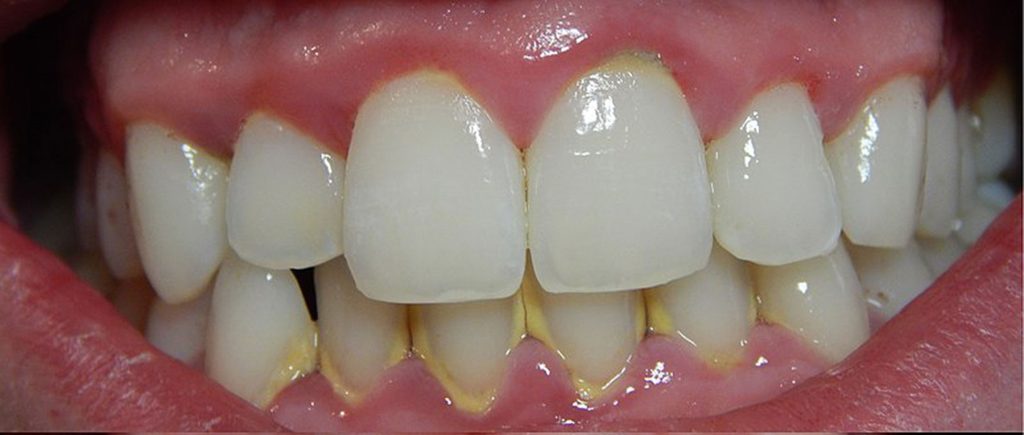What Does Ketamine Therapy Feel Like
What Does Ketamine Therapy Feel Like a well-known anesthetic used in both medical and recreational contexts, is gaining considerable attention as a rapid treatment for depression and various severe mental health disorders. This article aims to address ten common questions readers have about ketamine by drawing insights from interviews with psychiatrists, experts, and patients.
Who Is Most Likely to Benefit from Ketamine Therapy?
Ketamine therapy is generally recommended for individuals grappling with severe mental illnesses who have found little to no relief from other medications. Its primary application has been in treating conditions like treatment-resistant depression and acute suicidality. However, it may also prove beneficial for patients dealing with PTSD, OCD, bipolar depression, anxiety, and eating disorders. Individuals with certain conditions such as psychosis are typically not suitable candidates for therapeutic ketamine.
What Is the Evidence Supporting Ketamine Therapy?
Numerous studies demonstrate that ketamine can act as a fast-acting antidepressant, often alleviating symptoms within hours or days, compared to the weeks it may take for traditional antidepressants to show an effect. Ketamine operates on a different neurotransmitter, glutamate, and is believed to render the brain more receptive to therapy and alternative thought patterns. While long-term data is scarce, early studies indicate that ketamine therapy significantly reduces depression symptoms in a substantial percentage of patients.
What Happens During a Ketamine Therapy Session?
Ketamine therapy sessions typically involve intravenous infusions lasting around 40 minutes, with doses lower than those used for sedation. Alternative delivery methods like intramuscular injections and dissolvable tablets are also gaining popularity. Patients usually sit in a comfortable chair, listen to music, and receive the treatment. A typical regimen may comprise six treatments over two to three weeks, followed by talk therapy.
What Does Ketamine Therapy Feel Like?
Patients often describe ketamine therapy as an experience where they feel like they are floating outside their bodies, leaving their physical selves behind. Some report heightened sensory awareness and enhanced colors. However, side effects such as nausea, drowsiness, anxiety, and disassociation can occur. Blood pressure may increase, emphasizing the importance of monitoring during treatment.
Read More : What Is Softwave Therapy
Is Ketamine Safe?
Under supervised conditions and with thorough patient screening, therapeutic ketamine is generally considered safe. However, like all medications, it carries certain risks. Ketamine remains a controlled substance, strictly regulated due to its potential for misuse. Certain medications and medical conditions can make ketamine therapy too risky for certain individuals, necessitating a comprehensive mental health and medical history assessment.
How Can Someone Obtain a Ketamine Prescription?
Finding a trustworthy physician or mental health care provider is the first step in exploring ketamine therapy. In the United States, approximately 600 providers offer ketamine therapy for various mental health conditions. Although ketamine is available as a generic drug, there is no incentive for pharmaceutical companies to fund large-scale trials. Therefore, it remains a controlled substance, and practitioners and patients alike may have reservations about its use.
Can Individuals Self-Medicate with Ketamine?
Experts strongly discourage self-medication with ketamine due to its potential for physical and psychological side effects, as well as the risk of dependency. Ketamine can trigger the revisitation of traumatic events, highlighting the importance of oversight in case patients require support or guidance.
Why Isn’t Ketamine More Widely Used for Depression?
While ketamine shows promise as a treatment for mental health conditions, it faces obstacles such as its reputation as a party drug, the absence of long-term data, and the lack of incentive for large pharmaceutical trials. These factors contribute to both practitioners and patients approaching ketamine therapy cautiously.
Read More : What To Wear To Pelvic Floor Therapy
Are Ketamine Spas Legal? Is At-Home Ketamine Therapy an Option?
Ketamine therapy is legal when prescribed by physicians, but there are currently no universally accepted guidelines for oversight or patient protocols. This has led to a wide range of ketamine providers, from wellness centers to at-home ketamine subscriptions. Experts emphasize the need for greater oversight, as in-person clinician monitoring is not always guaranteed.
How Much Does Ketamine Therapy Cost? Will Insurance Cover It?
Ketamine therapy costs can vary widely. A single ketamine infusion may cost around $450-$500, while a comprehensive treatment plan of six infusions at a psychiatrist’s office can go up to $4,500. At-home ketamine businesses often offer lower prices. Insurance typically covers esketamine (Spravato) for mental health, but coverage for other forms of ketamine varies. Some insurers may cover related services, so it’s essential to review specific insurance plans for details.




